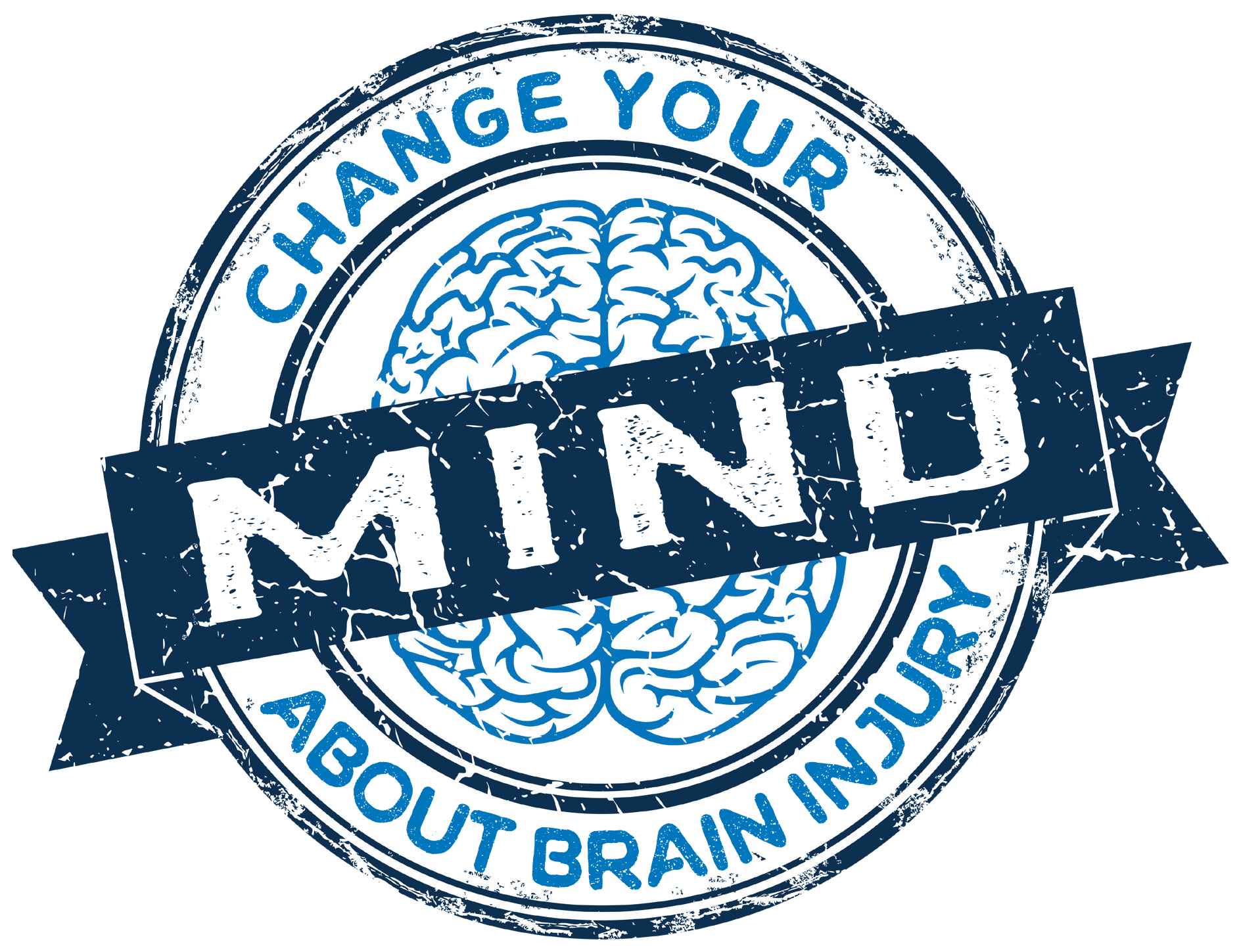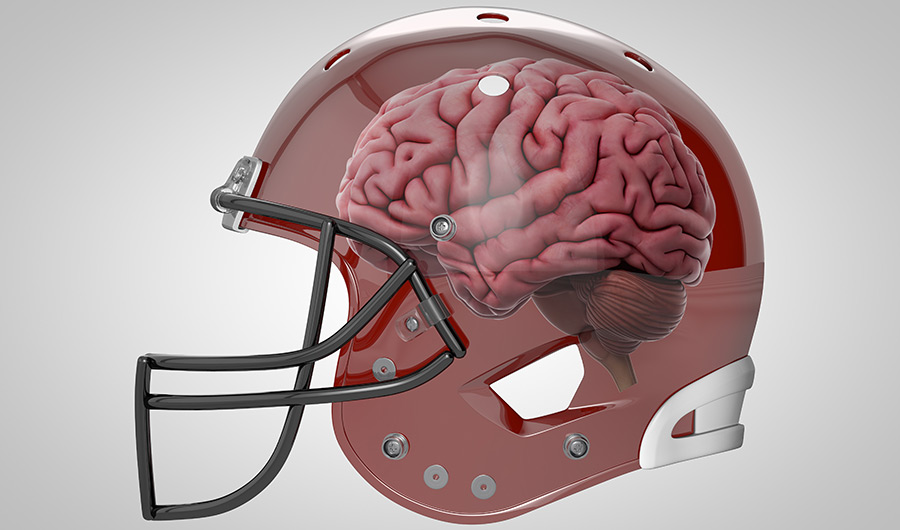
Brain Injury Awareness

The CDC defines a traumatic brain injury (TBI) as a disruption in the normal function of the brain that can be caused by a bump, blow, or jolt to the head, or penetrating head injury. Everyone is at risk for a TBI, especially children and older adults. Each year at least 1.7 million cases of TBI occur in the US. That means someone sustains a brain injury every 9 seconds. Although the vast majority of these injuries are mild, every day 137 people die in this country from a TBI. The most common causes of TBI are falls, motor vehicle crashes, being struck by an object and domestic/child abuse. Currently, between 3.2 and 5.3 million Americans are living with permanent disabilities caused by TBI. Brain injury is often referred to as the “silent epidemic” since most survivors of brain injury do not have consequences that are visible or easily seen, and most people don’t know about the effects and long-term consequences of brain injury.
March has been designated as brain injury awareness month. The theme for 2020 is “Change Your Mind” with the goal of educating the general public about the incidence of brain injury and the needs of people with brain injuries. The brain controls everything we think, do, and feel and the effects of brain injury can be seen in nearly every aspect of body and mind. A brain injury can cause wide ranging effects to physical, cognitive, emotional, and social functioning. In a TBI nerve fibers are severed and stretched, slowing or completing disrupting their functions. Just like every brain is different, every brain injury is different, and the effects of brain injury are unpredictable. Brain scans and other tests are not always able to show the full extent of injury, especially early on. Sometimes, mild injuries can have devastating consequences while individuals with severe injuries can experience dramatic recoveries. The types of effects that are experienced are based on the severity of damage, the specific brain structures that were involved, and characteristics of the person injured. Age, cognitive ability, previous brain injuries and general health all influence recovery. TBI survivors may process information more slowly, have difficulty remembering new information and be inconsistent in task performance. Poor judgement, impulsivity and lacking awareness of their weakness compound their difficulties.
During Brain Injury Awareness Month, The Brain Injury Alliance of New Jersey sponsors #TBIAffectedMe (https://bianj.org/brain-injury-awareness/) to support brain injury awareness. These stories bring the statistics alive with names and faces that remind us brain injury can happen to anyone, anytime.
Hope Trust serves clients throughout the United States.

